Mustard is one of the most important edible oil seed crops of the world as well as India. In the present investigation, experimental material comprised 60 diverse genetypes of Indian mustard [Brassica juncea (L.) Czern and Coss]. Thirteen characters in these sixty genotypes were studied in randomized block design with two replications during Rabi 2011-2012. The objective of present investigation was to estimate the nature and magnitude of variability present in Indian mustard with respect to yield and its component traits, genotypic and phenotypic correlations among different traits, direct and indirect effects of different characters contributing towards seed yield by path coefficient analysis and genetic diversity among mustard genotypes through Mahalanobis D2 technique.
Bitte wählen Sie Ihr Anliegen aus.
Rechnungen
Retourenschein anfordern
Bestellstatus
Storno

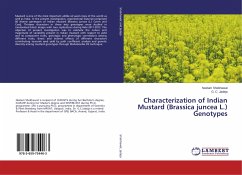
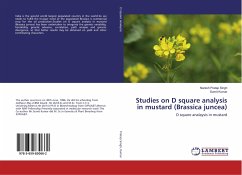
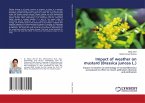
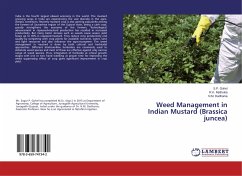
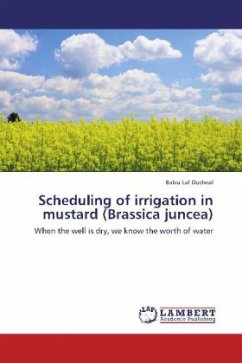
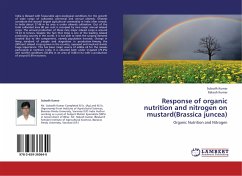
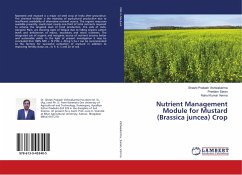
![Mustard [Brassica juncea (L.)Czern and Coss] Mustard [Brassica juncea (L.)Czern and Coss]](https://bilder.buecher.de/produkte/38/38590/38590819m.jpg)